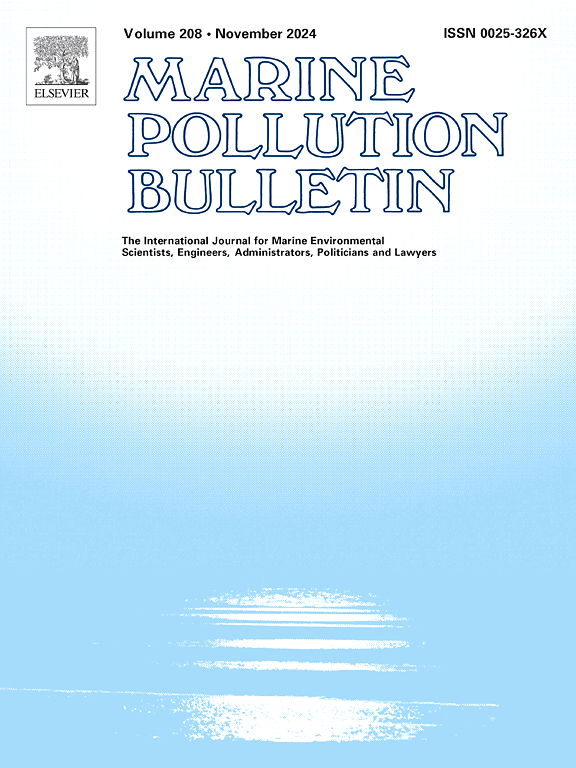全球塑料条约谈判背景下中国应对海洋塑料污染战略的SWOT分析
IF 4.9
3区 环境科学与生态学
Q1 ENVIRONMENTAL SCIENCES
引用次数: 0
摘要
海洋塑料污染对环境和人类社会构成严重威胁,需要全球采取紧急行动。然而,法律框架不完整、责任不明确和执行不力阻碍了这些努力。正在进行的关于《关于塑料污染的具有法律约束力的国际文书草案》(以下简称“全球塑料条约”)的谈判可能会带来潜在的突破。然而,重大分歧仍然存在,到2024年12月,谈判陷入停滞。本文使用SWOT分析来评估中国在应对海洋塑料污染方面的战略和作用及其在当前谈判中的地位。优势包括政策经验、产业能力和治理潜力,劣势包括地区差异和技术差距。中国面临着国际合作的机遇,也面临着合规和贸易方面的挑战。发挥产业优势,推动技术进步,寻求全球合作,有效应对海洋塑料污染。在谈判中,中国应坚持共同但有区别的责任原则,倡导对塑料制品进行危害分类监管。本文章由计算机程序翻译,如有差异,请以英文原文为准。
The SWOT analysis of China's strategy for addressing marine plastic pollution in the context of global plastic treaty negotiations
Marine plastic pollution poses a severe threat to the environment and human society, demanding urgent global action. However, efforts are hindered by fragmented legal frameworks, unclear responsibilities, and weak enforcement. The ongoing negotiations on the Draft International Legally Binding Instrument on Plastic Pollution, hereinafter referred to as the “Global Plastic Treaty”, may present a potential breakthrough. However, significant differences persist, and by December 2024, negotiations have stalled. This paper uses SWOT analysis to assess China's strategy and role in tackling the marine plastic pollutions and its position in the current negotiations. Strengths include its policy experience, industrial capacity, and governance potential, while weaknesses include regional disparities and technological gaps. China faces opportunities for international cooperation but also challenges in compliance and trade. It should leverage its industrial strengths, pursue technological advancements, and seek global cooperation to tackle marine plastic pollution effectively. In negotiations, China should uphold the principle of common but differentiated responsibilities and advocate for the regulation of plastic products based on their hazard classification.
求助全文
通过发布文献求助,成功后即可免费获取论文全文。
去求助
来源期刊

Marine pollution bulletin
环境科学-海洋与淡水生物学
CiteScore
10.20
自引率
15.50%
发文量
1077
审稿时长
68 days
期刊介绍:
Marine Pollution Bulletin is concerned with the rational use of maritime and marine resources in estuaries, the seas and oceans, as well as with documenting marine pollution and introducing new forms of measurement and analysis. A wide range of topics are discussed as news, comment, reviews and research reports, not only on effluent disposal and pollution control, but also on the management, economic aspects and protection of the marine environment in general.
 求助内容:
求助内容: 应助结果提醒方式:
应助结果提醒方式:


